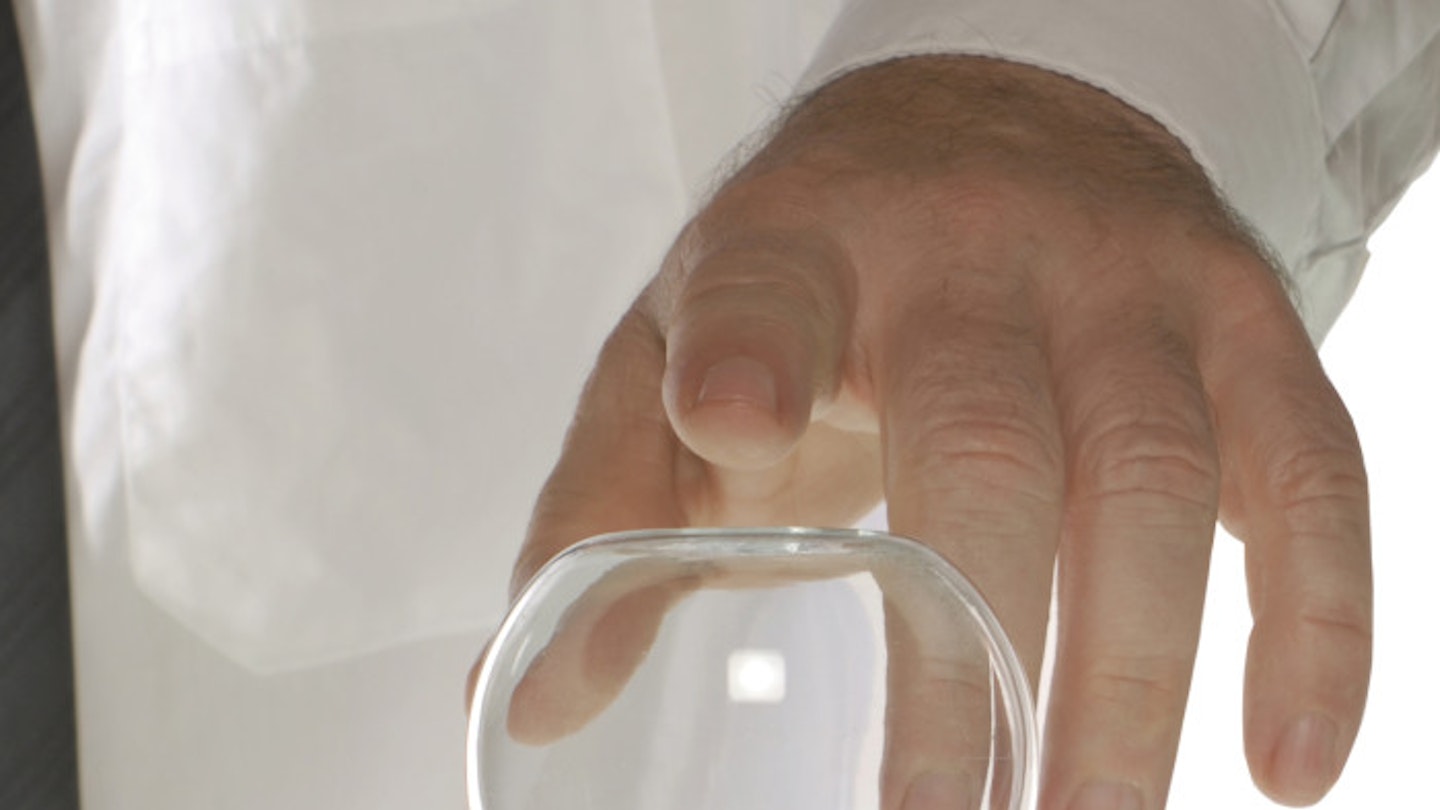My generation isn't clueless about fertility. No woman I know needs reminding that her ovaries will inevitably shrivel like dry, suddenly seedless grapes. But Adam Balen, chairman of the British Fertility Society, disagrees. This month, he added his voice to the countless others warning that women who want children should be trying by their late twenties. But maybe the rest of his comments are more interesting. He’s called for a national system of regular fertility checks for women, beginning at 25. So when you get your letter about having a smear test, you’d also get a reminder that you’re due a fertility MOT. The idea being that if we know from a young age just how many eggs we have left, or if we could have problems conceiving, we can plan our lives and family accordingly.
I’m 27 and I would like to have a baby, one day. If someone offered me a fertility MOT at my next cervical smear – a simple, hormone-checking blood test that gives personalised information about my fertility – I would take it. Yes please. But then, I like taking tests – academic and medical – and I’m curious by nature.To be honest, it’s more an instinctive compulsion than something I feel would equip me with vital information.
Because, in reality, I don’t think this test would be that helpful. When it comes to predicting fertility, even the ‘good news’ doesn’t deal in certainties. If a doctor told me my eggs were fine, there’s still absolutely no guarantee I would conceive when I was finally ready. Even if I started trying tomorrow, the test wouldn’t account for a host of other factors that also contribute to conception.
And what if you were told that your fertile days were numbered? Would it inspire some women to fly into action with the first willing man, or pop over to Sweden to be inseminated with a ‘Viking baby’ at the world’s most sperm-stuffed donor clinic? There’s never a good time to find out your fertility is not super-charged, and trying for a baby before you’re emotionally and financially ready because of a panic-inducing test result doesn’t feel like progress to me.
I’m not ready to raise a child and a bad test result wouldn’t change that, although it would give me more options, like egg-freezing. But I don’t like the concept that your worth as a woman is intrinsically bound to your fertility, which this idea reinforces. I think it’s more important to make women aware that the science exists and they are entitled to make use of it, if they’d like to. I worry that the most significant thing these tests could do is give false reassurance – or false fear.
